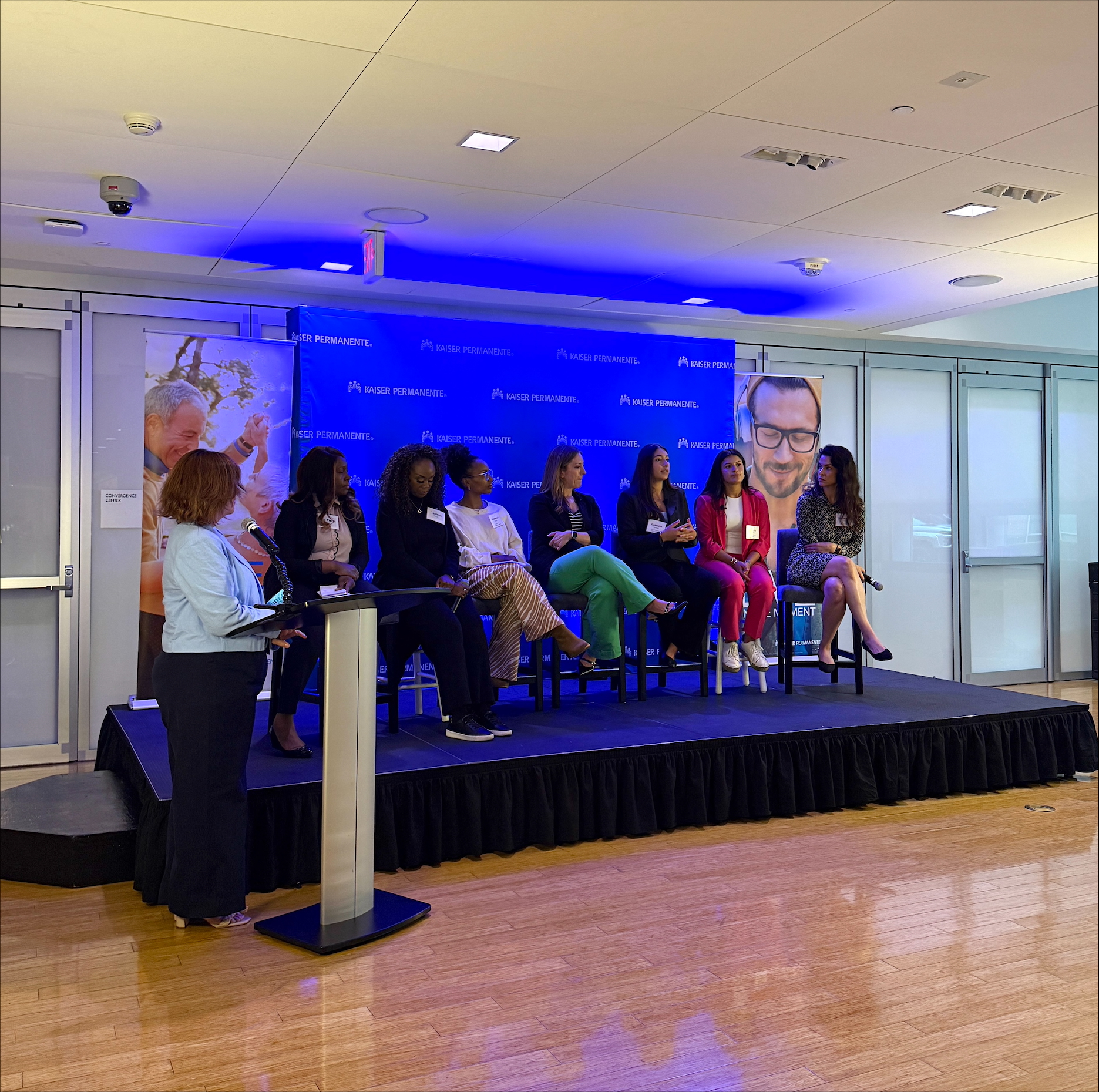Over the past 20 years, childhood obesity in the United States has more than doubled among children ages 6 to 11 and more than tripled among adolescents. It’s a serious issue that can have consequences well into adulthood — from chronic illness such as diabetes and heart disease to issues of mental health and body image stigma. All of us need to be concerned and need to take action, in our families and in our communities, to address the conditions that drive this epidemic.
Earlier this month, the Childhood Obesity Conference held its 10th biennial convening in Anaheim, California, bringing together nearly 2,000 researchers, public health professionals, policymakers, and thought leaders from across the country to share the latest learnings and opportunities for championing solutions. Kaiser Permanente is a founding sponsor of the event, alongside the California Department of Public Health, California Department of Education, Nutrition Policy Institute UC Division of Agriculture and Natural Resources, and The California Endowment
This year’s conference theme, “Beyond Obesity: Tackling Root Causes,” invited participants to address the community conditions that give rise to obesity — or as the organizers said, to “take a deeper dive into the societal, structural, and economic factors that lead to health disparities, and work together toward creating equitable outcomes so that all children can attain their highest level of physical and mental health.”
That call-to-action had added significance for Kaiser Permanente given the organization’s recent announcement about the launch of Thrive Local, an initiative that aims to create a series of localized networks connecting health care providers and social service agencies to better serve the social needs of community members. The vision behind Thrive Local is to get at the root factors that impact health — from housing to food security, safety, and more — by building more effective bridges between health care and community supports.
“We have to be thinking about the conditions for health and equity in the communities where our members live,” said Bechara Choucair, MD, senior vice president and chief community health officer for Kaiser Permanente, in his opening remarks at the Childhood Obesity Conference.
To achieve equity in obesity prevention and treatment, addressing the social conditions of individuals and families is imperative. The average person who is in a socially disadvantaged situation is often dealing with a cumulative set of factors that must be overcome when they are working toward achieving a healthier weight.
Schools are an important part of this equation, especially for students, staff, and teachers who spend a majority of their day in a school environment. Schools are a central hub for health and learning in our communities and provide a focal point for coming together to address the root causes of obesity and other health issues.
Over the past 6 years, Kaiser Permanente has been on the ground in more than 700 schools in partnership with the Alliance for a Healthier Generation building healthier food environments and increasing opportunities for quality physical activity for students and school employees.
Through this partnership, we have reached nearly 500,000 students and 30,000 school staff, working with them to make over 4,000 improvements to their eating and physical activity environments. Our evaluation partners at the Nutrition Policy Institute have found that these changes have resulted in increased water consumption among students and an increase in classroom-based physical activity and active minutes of physical activity during the school day.
The prevalence of obesity in our country remains high and is one of the top health needs in our schools and communities. But the solutions are not out of our reach. An integrated approach to health, one that recognizes the root causes of ill health and works to connect people with the support systems that can help them — that is the direction we must take together.
At Kaiser Permanente, we are continuing to double down on our work in schools. Through our focus on healthy eating and active living and efforts to build social and emotional health and resilience, we’re embracing a whole child, whole school, and whole community approach that will ultimately strengthen health and equity in our communities.




